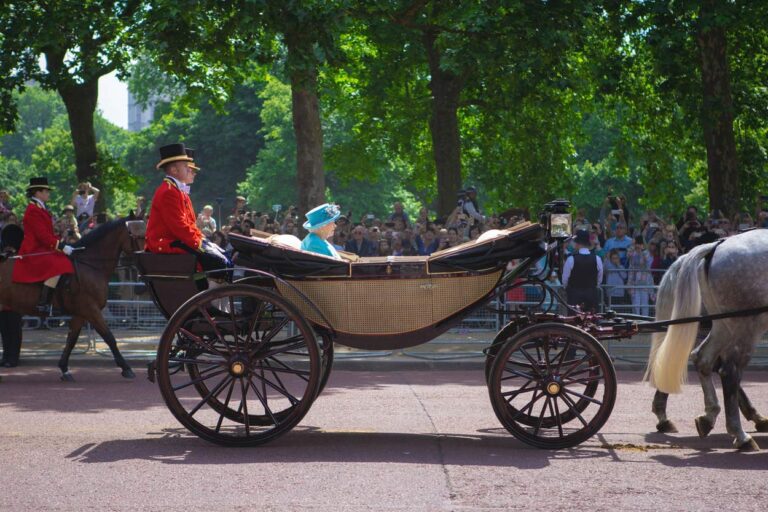There won’t be a bank holiday for the Queen’s funeral. Here’s why
Queen Elizabeth II passed away on 8 September 2022 at her home in Balmoral, Scotland. Britain has since been in a period of national mourning which is due to conclude in ten days time after the day of her funeral.
Since this mourning period began, the British public have been curious as to whether the day of the Queen’s funeral—held at Westminster Abbey—will be marked as a bank holiday, or indeed if there will be a future bank holiday put in place in order to commemorate Her Majesty.
News sources have since reported that this will not be the case. According to POLITICO, “Operation London Bridge”—the funeral plan for Queen Elizabeth II—clearly states that the Prime Minister and the late Queen agreed that the day of her funeral would be acknowledged as a “Day of National Mourning” as opposed to a bank holiday.
The political journalism outlet stated that they had obtained “a series of documents” released in 2021 that detailed the proceedings that would follow the Monarch’s death. Details within the documents included instructions for how the acting Prime Minister should respond, preparations for the funeral and the number of scenarios that could take place in London as civilians gather to mourn the Queen.
The papers also provide details into how the newly appointed King Charles III should address the public and government officials. “Operation Spring Tide” is dedicated to the plan for Charles’ accession to the throne.
The Department for Transport had raised concerns within the official documents, primarily in regards to the vast number of people who may plan to travel to London to witness the Queen’s funeral at Westminster Abbey—they even go as far as to worry the capital will become “full.”
This fear may not have been unfounded, considering the extensive rail strikes that had been planned for 15 and 17 September 2022. However, according to The Guardian, The Department for Transport—alongside much of Britain—will be pleased to hear that the strikes have been officially called off in a sign of “respect” to Queen Elizabeth II.
Some employers may choose to host an “unofficial bank holiday,” sending their workers home—although this will not be mandated by the government and will be left up to businesses to decide. Similarly, some shops may remain open on the day of the Queen’s funeral, while others may close—depending on if they are “particularly upset.”
Whatever your thoughts on the Royal family may be, crowds will undoubtedly still flood to London to pay their respects to Britain’s longest reigning monarch.






